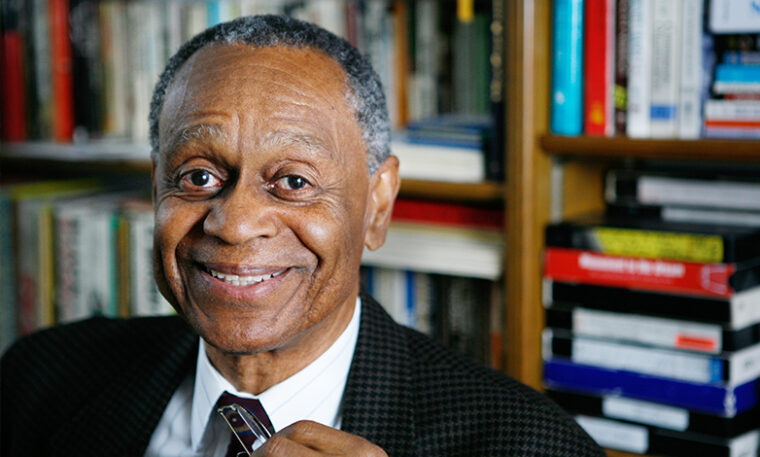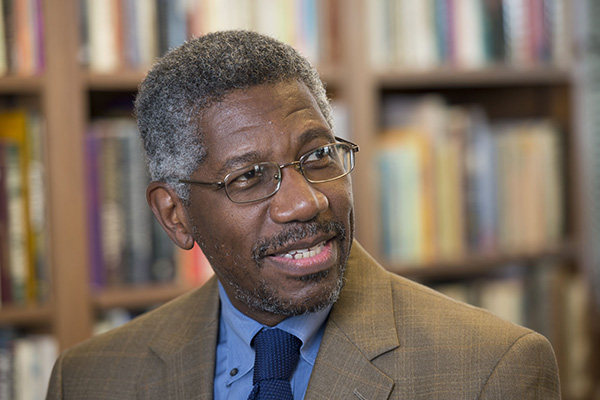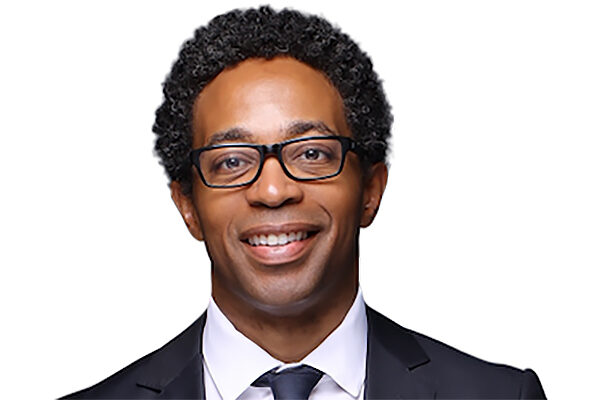As Jack A. Kirkland marks his 50th year on the faculty of the Brown School at Washington University in St. Louis, the issues that motivated his remarkable career in social work and civil rights are as urgent today as they were when he began. From his annual seminar that takes students to underserved neighborhoods, to his research on economic development in urban areas, Kirkland has sought to create change through understanding.
“What I teach is to how to change our thought processes in order to be able to walk in different cultures, and to deal with the African American urban struggle,” he said.
The result has been a legacy of research, public service and teaching, as well as an international reputation for enriching the experience of thousands of students, organizations, and state and municipal leaders who have sought his insights and advice.
“Jack Kirkland is an icon here at the Brown School and well beyond,” said Mary McKay, theNeidorff Family and Centene Corporation Dean of the Brown School. “His achievements have benefited a large and diverse array of students, faculty and communities striving for concrete progress in social and racial justice in the United States and around the world.”
Kirkland joined the Brown School as an assistant professor in 1970 after teaching for several years at Saint Louis University. Soon thereafter, he co-founded and chaired the Black Studies program at Washington University (now the Department of African and African-American Studies). A popular teacher, he was three times voted Most Outstanding Teacher, at the university as well as the Brown School. He also received the Distinguished Faculty Alumni Award.
Now an associate professor, he is perhaps best known on campus for his field-based summer course, “Poverty – The Impact of Institutionalized Racism,” which immerses students in the community of East St. Louis and teaches them to strategize on policies that can combat the effects of urban blight and poverty. The summer course was canceled this year due to the COVID-19 pandemic, but Kirkland said he hopes to resume next summer.
“It’s an opportunity to watch students and engage them in the process of seeing individuals and families grow and excel and lift themselves up,” he said. “Students come into our school with a desire to help people who are disadvantaged. But many have very little knowledge about why families are trapped. What students come to discover is you can help people develop self-esteem and motivate themselves to change the situation they’re in and do what they can for oncoming generations.”
Read the full profile on the Brown School site.



